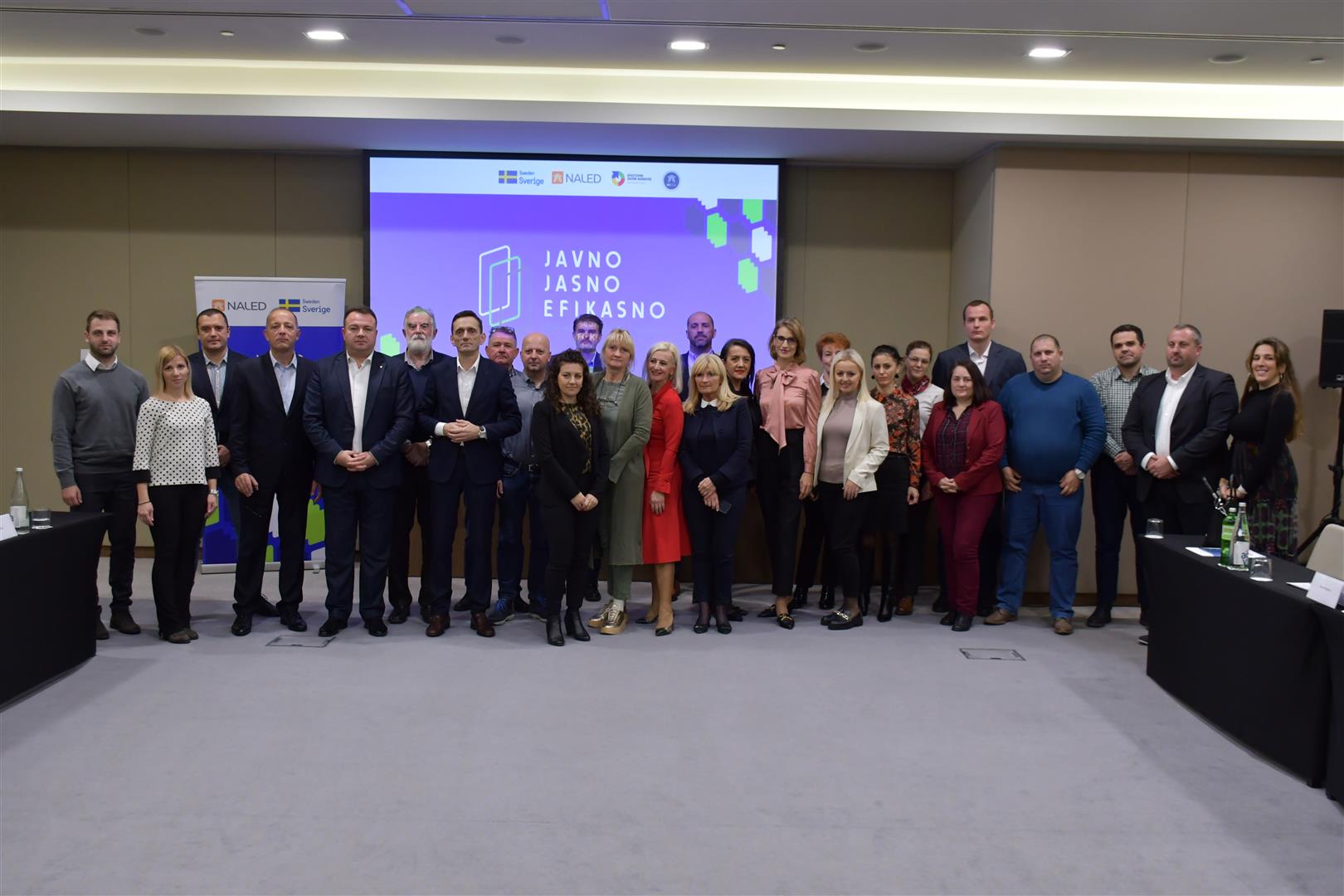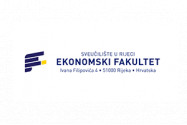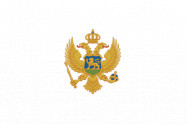- Last change: 28. December 2023.
- Site map
-
16. November 2023.
BFC Club: Adopting a Plan and Program for the Management of Public Property
About 4.8 million real estate properties are outside the cadastre records, the procedures themselves are inefficient, the tax system is unfair, and there is irrational management of property in special procedures. Additionally, all property and legal issues are regulated through more than 40 regulations, creating a clear need for codification and the adoption of a single normative act.
At the BFC Club session, municipalities with favorable business environments were presented with NALED's new comprehensive reform study in this field, focusing on public property issues.
One of the key recommendations of the analysis is to establish a new mechanism for registering 2.7 million properties not recorded due to old and incomplete documentation. This would involve the formation of special commissions composed of legal professionals to work on their validation and verification. The analysis also suggests the need for establishing a land bank for interventions in expropriation and compensation processes and a new taxation model directed at those with substantial capital. Finally, the establishment of the eProstor platform for the digitization of urban planning management is expected, as stated by Jasmina Radovanović, NALED's property and investment advisor.
Concerning public property, several challenges have been identified, such as determining titleholders, recording real estate, managing and disposing of state and local property, and determining its value.
The study proposes providing additional support to the Republic Geodetic Authority (RGZ), which would consider the legal basis for owner registration, introduce an infrastructure cadastre covering utility networks, and initiate amendments to the Law on Basic Education to facilitate the smooth registration of primary school buildings in favor of titleholders.
It is also necessary to adopt a plan and program for disposal and provide clear guidelines for further management of public property. Identifying unused properties and transferring them to the state land fund, as well as introducing eAuctions for more transparent and efficient disposal of public property, are among the proposed measures.
Currently, a significant number of users at both the state and local levels do not record property values or enter inaccurate and arbitrary values. Therefore, a mass property valuation is proposed to finally reconcile the budget of the Republic of Serbia by including property values.
Certain local self-governments have not registered the properties they use, sometimes due to a lack of personnel or computers. It has been determined that such a system has not yielded good results, leading to turning to the RGZ to take over all data related to the republic's public property. They can filter this data according to any criterion and make decisions related to solving the problems of cities and municipalities.
The latest Regulatory Index of Serbia was briefly presented at the session, which is crucial for improving business conditions.
A high-quality and predictable legislative system is of great interest to local self-governments and economic entities. NALED initiated the preparation of this report in 2011. Although the republic enacts the most important regulations, cities and municipalities have significant expertise in how these issues should be regulated. Data shows that the majority of regulations enacted are implemented at the local level.
One finding to share is the need to focus more on implementing laws. Laws should be progressive, but we all benefit little from them if subordinate acts are not at an adequate level. On a positive note, the regulatory burden on the economy accompanying the implementation of laws has decreased to 2.95% of GDP, concluded Dušan Vasiljević, director of the Department for Competitiveness and Investments at NALED.
The BFC Club session was held with the support of the Swedish International Development Agency (Sida) and the project "Public Procurement and Good Governance for Greater Competitiveness," which includes the preparation of the Comprehensive Reform Study of Property and Legal Relations and the Regulatory Index of Serbia.

-(13).JPG)
-(45).JPG)
-(50).JPG)
-(52).JPG)
-(55).JPG)
-(57).JPG)
-(59).JPG)
-(62).JPG)
-(63).JPG)










